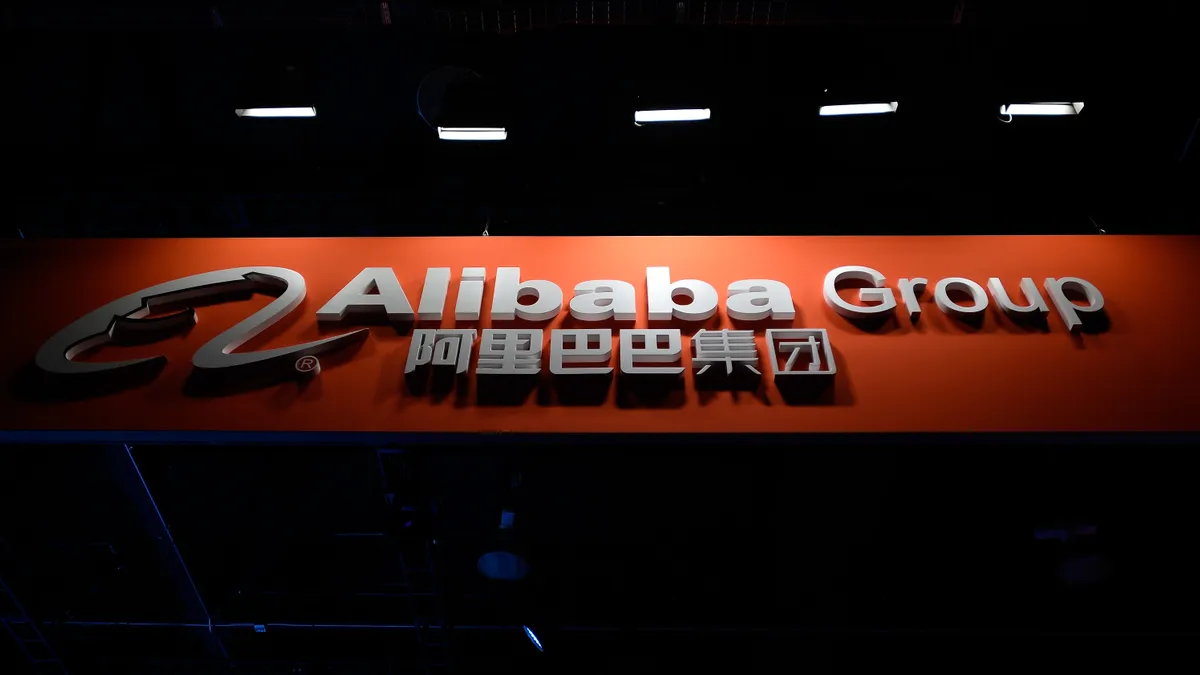Alibaba Group plans to launch a cloud intelligence division as part of a broad restructuring that will create six autonomous business groups, the China-based e-commerce giant announced Tuesday.
While the move could allay government concerns about the company’s control over China’s tech sector, it won’t impact the global balance of power in cloud, John Dinsdale, chief analyst at Synergy Research Group, said in an email.
“You have to suspect that any major reorganization has a prime goal of positively influencing Chinese politicians,” Dinsdale said.
Alibaba is the cloud market leader in China, owning a 36% share, according to a recent Canalys report.
The company’s 5% share of global cloud services is dwarfed by AWS, Microsoft and Google Cloud, which together commanded two-thirds of the market in the final quarter of 2022.
Geopolitical tensions between the U.S. and China have kept Alibaba largely out of the U.S. market, where its share is “a small fraction of one percent,” Dinsdale said.
“Any Chinese tech company will face acute political headwinds in the U.S. given concerns regarding geopolitical sensitivities, international competition, human rights, IP rights protection and potential ‘spying’ via data harvesting of U.S. consumer online behavior,” Andy Sealock, senior partner, advisory & transformation at consulting firm West Monroe, said in an email.
Domestic e-commerce remains the core of Alibaba’s business, with only 8% of overall revenue tied to cloud, Sealock said.
Alibaba's restructuring efforts will create an organizational framework that mirrors Amazon in some ways, separating cloud services from e-commerce and other parts of the business.
The shift may help the 24-year-old company streamline business operations while driving expansion in regional markets, Charlie Dai, VP and research director at analyst firm Forrester, told CIO Dive via email.
“After years of rapid growth, Alibaba is too big to be agile enough for effective decision-making and execution in its legacy approach of ‘middle office’ strategy,” Dai said.
A middle office strategy places a digital platform rather than a managerial structure between front-end employees and back-end systems, centralizing shared services and data, according to a recent Harvard Business Review analysis. It was adopted by Alibaba in 2015.
Daniel Zhang, Alibaba’s chairman and CEO, will remain acting president of the cloud group, a position he took late last year.
In addition to the cloud intelligence group, the restructuring will create separate divisions for Chinese and global e-commerce, as well as independent entities for consumer services, smart logistics, and media and entertainment.
“This transformation will empower all our businesses to become more agile, enhance decision-making and enable faster responses to market changes,” Zhang told staffers in a companywide email, according to the Tuesday announcement.












